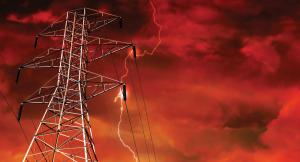Evidence, findings and raison d’etre.
Steve Huntoon is the principal attorney in the Washington, D.C. law practice Energy Counsel, LLP, having over 30 years’ experience in energy regulatory law, dealing with issues such as regional RTO capacity markets, wind projects, LNG regulation, industry restructuring, and retail choice, and representing many leading energy companies, including Dynegy, Exelon, and NextEra. He has testified before federal and state regulatory agencies, published numerous industry papers, and is a former President of the Energy Bar Association.
Many years into mandatory reliability standards for the Bulk Power System (BPS), it is time to ask some basic questions: Has this statutory scheme materially improved reliability? And if so with what value, and at what cost?

The answers to these questions are not what one might expect. Instead, the available evidence suggests a troubling set of findings:
- Impact. Mandatory reliability standards have had little measurable impact on reliability.
- Value. Load loss reduction and its value have been small.
- Effectiveness. Relatively few outages can be avoided/reduced by reliability standards.
- Cost. Mandatory reliability standards are not "free." There are costs of infrastructure, and potential adverse consequences.
- Implications. We should focus more on what causes outages and work backwards, applying true cost-benefit analysis.
NERC's Claims
In considering whether mandatory reliability standards have materially improved reliability we might begin with what the North American Electric Reliability Corporation (NERC) has to say. After all, NERC develops and enforces the standards, albeit under the oversight of the U.S. Federal Energy Regulatory Commission (FERC).

